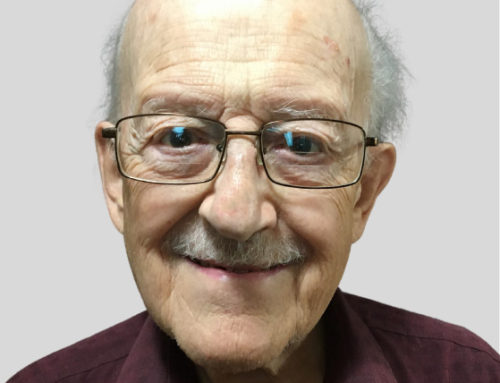“They considered the science settled,” Dingwall said.
“On global warming?” I asked.
“On global immobility,” he replied. “In the seventeenth century, influential academics insisted that the earth is the immovable centre of the universe and the sun orbits it. That’s why they rejected Galileo, who asserted the opposite.”
“It sounds a lot like today,” I said, “when influential academics insist that, because of human activity, the earth is heating up, and reject global warming skeptics.”
“It’s not unusual for influential academics to oppose anyone who challenges their ‘settled’ science,” Dingwall said. “Among others, they opposed researchers who disproved theories that life emerges from non-living matter, that ulcers result from stress, that aluminum is of little use for anything other than jewelry and toys, and that the earth’s crust is static. Why, I wouldn’t be surprised if they opposed researchers who disproved the theory that the sun is the centre of the universe.”
“But Dingwall,” I protested, “the position of the sun was Galileo’s ‘settled’ science.”
“Maybe so,” he said. “However, we now know that the sun is not the centre of the universe, but only of the solar system. We also know that it is not immovable. It orbits the centre of the milky way.”
“Oh well,” I said, “at least Galileo proved that the earth, not the sun, is the one that orbits the other. That’s why he got into trouble with the Church.”
“On the contrary,” Dingwall said, “he got into trouble with the Church because he didn’t prove it. To prove it, he would have had to show apparent shifts in the position of the stars as the earth moved. But instruments that could detect stellar shifts were not available until well into the nineteenth century.”
“His proof was written in the stars?”
“Because a literal interpretation of Biblical passages was at stake,” Dingwall said, “Church authorities told Galileo to teach his theory as a hypothesis. But he insisted on proclaiming it as a fact.”
“So the theologians encroached on science,” I said.
“On the contrary,” Dingwall said, “Galileo encroached on theology. Although not a scripture scholar, he offered advice on interpreting the Bible. Church authorities were prepared to accept his theory if he could prove it. But he alienated them when he couldn’t, yet declared it true anyhow, and ventured into Biblical interpretation.”
“It seems as though the Biblical authors were in conflict with science when they wrote about the sun rising and setting,” I said.
“No more than you are when you speak about it,” Dingwall said. “The Biblical authors intended to present divine revelation in images that were readily understandable at the time. They did not intend to teach science. The teachings were religiously true. The language may or may not have been scientifically accurate. This was well understood by philosophers and theologians of the day, not to mention St. Augustine and St. Thomas Aquinas centuries earlier.”
He cited a similar apparent conflict over the shape of the earth.
“If somebody says she is flying straight from New York to Mexico City, we don’t remind her that the world is round. We know she means to tell us that she is flying non-stop, not that she has joined the Flat Earth Society.”
“Or the settled science society,” I suggested.
“The physical sciences aren’t settled, but provisional,” Dingwall said. “No matter how many experiments prove a theory, the next one may disprove it.”
“But Dingwall,” I said, “scientists should know this better than anyone else. I can’t imagine why they would settle for settled science.”
“Try imagining vested interests for the sake of power, money or both,” he replied.
“Settled science is political science?”
“Like the personal, even the proven is political,” he said, “not to mention the unproven.”
“There’s no denying,” I said, “that by treating Galileo’s teaching as heretical, the Holy Office was in error. As the Church had not pronounced infallibly on the immobility of the earth or the mobility of the sun, neither was a matter of faith.”
‘True,” Dingwall said, “and the Church has since apologized for the Holy Office’s missteps. So far, the scientific community hasn’t apologized for Galileo’s.”
“Maybe the apology will come from Stephen Hawking,” I said. “He was born on the three hundredth anniversary of Galileo’s death.”
“Maybe so,” Dingwall said, “if he were to be born again in the Spirit.”



